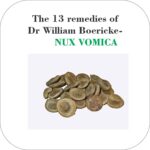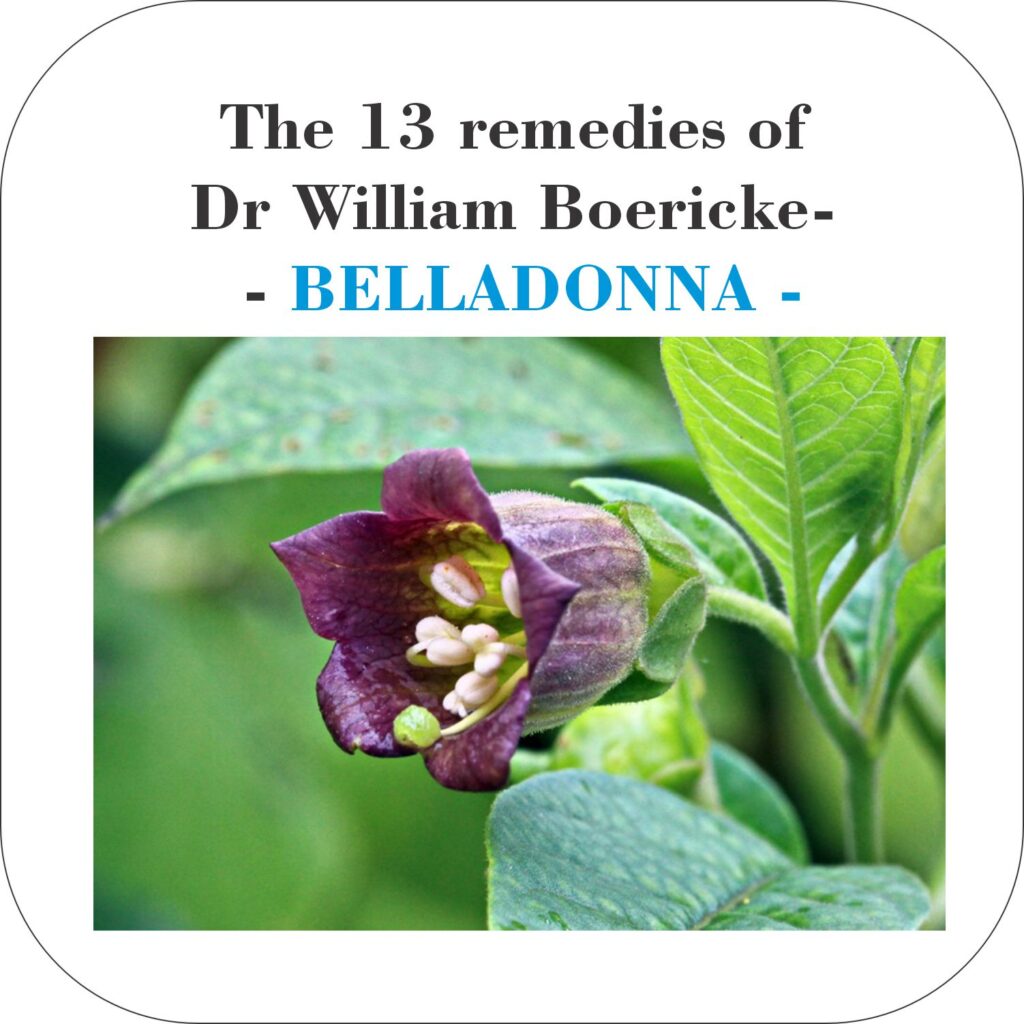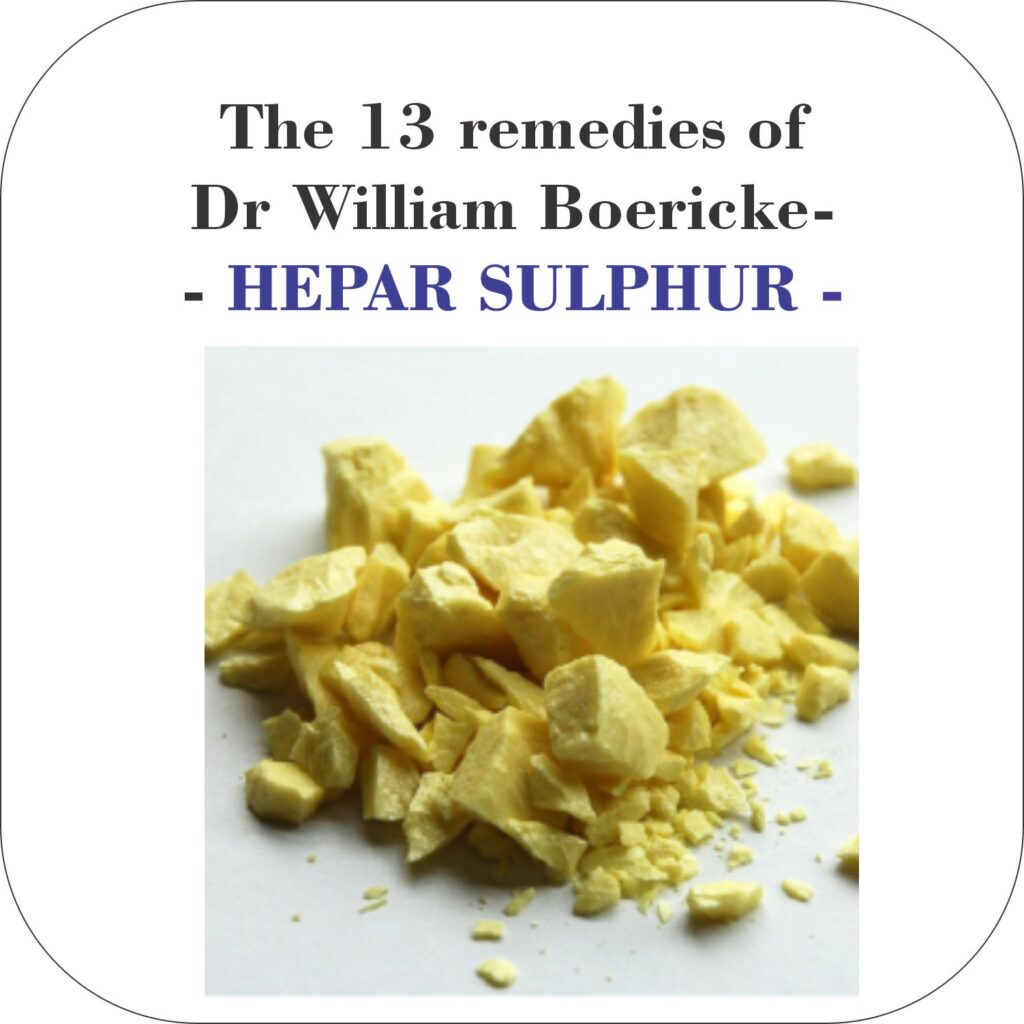What do we take with us when we die? Do we take the grades we achieved while in schools and universities, the success we obtained in our workplace, the awards we got for excellence? Do our heavy pockets go with us? Do our memories follow us to the grave? Do our loved ones stay beside our grave for long?
Social Distancing: The Power of Solitude in Islam
Zinc Benefits for Healthy Skin, Immune Support
کورونا وائرس آپ کے جسم کے ساتھ کرتا کیا ہے؟
Creative Ways to Reduce Food Waste
Things That Happen To You When You Start Eating Ginger Every Day
You Need to Know About the Flu
Food affects the pH of your urine, but not your blood
The 27 Acidic Foods That Can Cause Inflammation
Limiting Acidic Foods
ہومیو پیتھی کا عالمی دن
صرف ہومیو پیتھی ہی آسان، سادہ، فطری، بے ضرر، ارزاں اور جامع طریقہ علاج ہے، جو بیمار کے معیار پر پورا اترتا اور اسے جلد، مکمل اور نرم طریق پر مستقل شفاء سے ہمکنار کرتا ہے۔
1796ء میں ڈاکٹر ہانیمن نے کہا کہ’ Similia Similibus Curentureor Let Likes Cured Bylike‘ یعنی جو مرض اِس وقت بیمار آدمی میں ہے، وہ اُسی وقت ٹھیک ہو سکتا ہے، جب اُسے ایسی دوا دی جائے جو اس سے پہلے ایک صحت مند انسان میں ویسا ہی ادویاتی مرض پیدا کر چکی ہو۔ اِس نظریہ کی اس قدر زیادہ مخالفت کی گئی کہ انھیں لیپسبرگ چھوڑ کر کواتھن ہجرت کرنا پڑی تاہم اس مرد حق نے باطل نظریات کے سامنے سر نہیں جھکایا۔
اب وہ وہاں اپنے نظریہ کے مطابق کامیاب پریکٹس کرنے لگے لیکن ایک مشکل اس نئے علاج میں یہ پیش آئی کہ بیماری تو ٹھیک ہوجاتی تھی لیکن دوا کے اثرات باقی رہ جاتے تھے۔ اس مشکل کو بھی انھوں نے بڑے صبر و تحمل سے اپنے تجربات کی روشنی میں حل کر دیا۔ انھوں نے ادویات کو بنانے کا ایک خاص طریقہ
Quarantined cruise ships, digital protests, mask hoarding: the latest on the Wuhan coronavirus
A new coronavirus first identified in Wuhan, China, has global health agencies on high alert—and is causing no small amount of anxiety around the world. But for residents of the United States, there’s still no reason to panic. Here is everything experts know about the new virus, 2019-nCoV, so far. We’ll keep this article updated as more information comes available.
Colloquially known as the “Wuhan coronavirus” after the city where it is believed to have originated, the disease is still poorly understood. The first cases of 2019-nCoV appeared in December in the Chinese city of Wuhan, and likely came from some non-human animal host, though the exact animal and where it came into contact with humans has yet to be identified. Scientists have broadly criticized a recent study suggesting snakes might be the source. The latest claim from Chinese state media—that pangolins, which are frequently poached for their scales, could have passed the virus from bats to humans—lacks robust evidence as well.
Insatiability
Insatiability
Eat Your Way to Brain Health
The research is clear: What you eat has a big impact on your brain. In fact, the right foods — and combinations of foods — can enhance memory, build new brain cells and even help ward off Alzheimer’s.
Scientists are increasingly examining whole food groups — and diets — to determine which ones contribute to better cognition and which seem to hinder it. They’ve found that certain eating plans — including the Mediterranean diet, the DASH (Dietary Approaches to Stop Hypertension) diet and a hybrid of the two, dubbed the MIND diet — can help stave off cognitive decline and protect the brain against disease. The MIND diet, developed by researchers at Rush University in Chicago, slashed the risk of developing Alzheimer’s by as much as 53 percent. (MIND stands for Mediterranean-DASH Intervention for Neurodegenerative Delay.) Even those who followed the diet moderately had a 35 percent lower risk of Alzheimer’s













